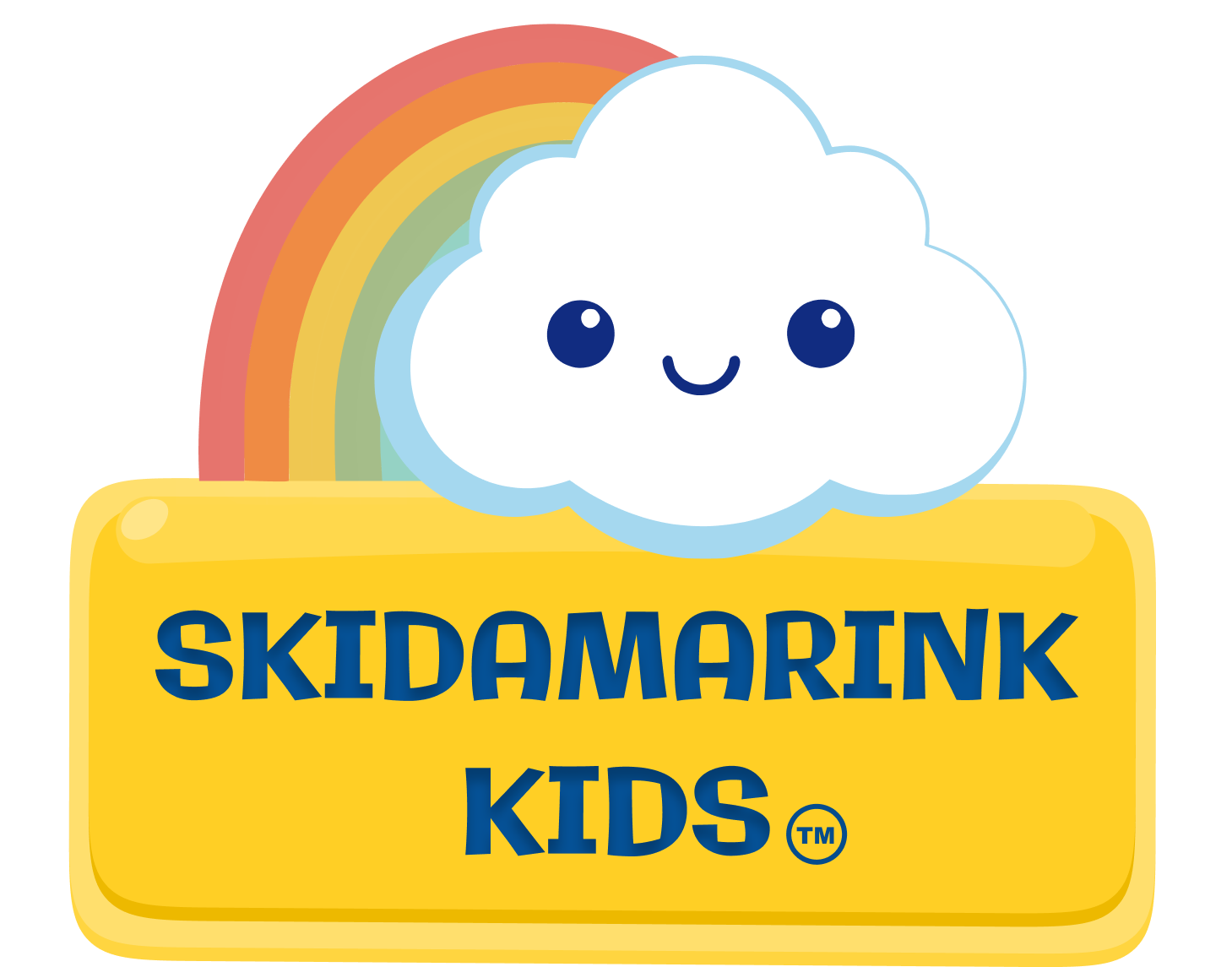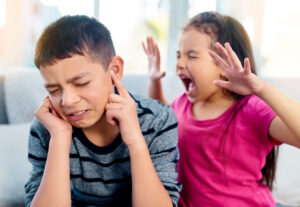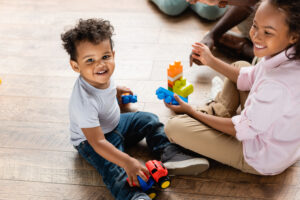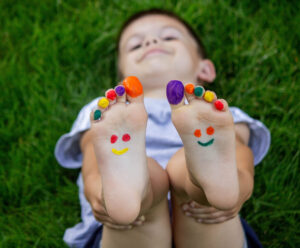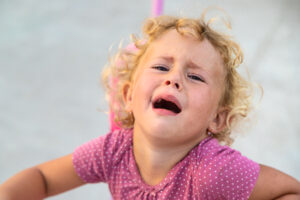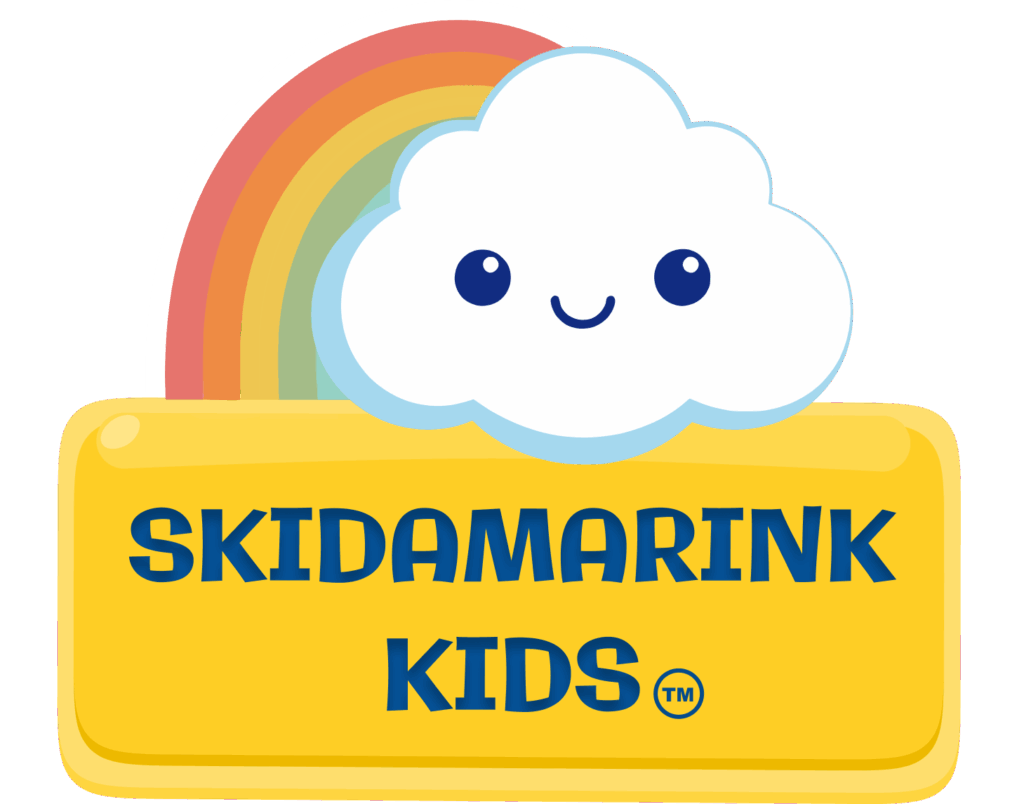The Critical Connection Between Brain Balance and Behavior Challenges
Proper brain balance plays a fundamental role in a child’s ability to self-regulate, learn effectively, and manage emotions. As parents, we often expect children to naturally know how to “behave” and control themselves, but many behavior challenges stem directly from brain imbalances that affect neurological development. Our modern culture has shifted away from activities that support brain development in the correct neurological sequence, leading to increasing behavior challenges in children today.
With advances in technology, early emphasis on academics, busy lifestyles, and the convenience of processed foods—as beneficial as some aspects may be—we’ve altered how children develop neurologically. More children than ever are experiencing developmental delays, including sensory processing dysfunction and significant behavior challenges that impact daily functioning.
The Challenge of Modern Childhood Development
Supporting healthy brain balance is crucial for children’s ability to self-regulate, learn, and manage emotions. As adults, we often expect children to know how to “behave” and control themselves. However, our culture has moved away from activities that promote brain development in the correct neurological sequence.
Despite advances in technology, early academic emphasis, busy lifestyles, and convenient processed foods offering benefits, they’ve altered how children develop. Increasingly, children experience developmental delays, including sensory processing dysfunction and behavioral challenges.
The Problem with Pushing Early Academics
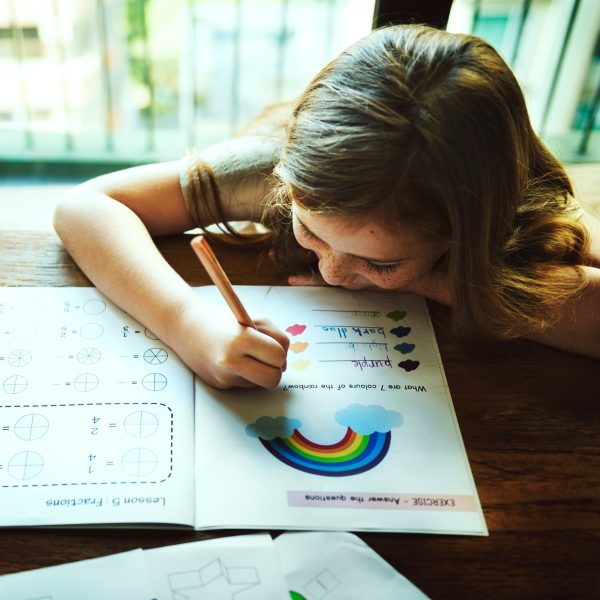
Today’s emphasis on early academics—teaching 2-3-year-olds to write and expecting kindergarteners to read—may work against the brain’s natural development. While learning is important, emphasizing fine motor skills, early screen time, and academic skills too early can:
- Create developmental gaps
- Shift brain development out of its natural sequence
- Led to attention, sensory, and behavior challenges
- Limit the development of crucial executive function skills (needed for self-control, attention, planning)
- Cause hand weakness, poor fine motor skills, immature grasping patterns, and poor handwriting
- Result in social and emotional deficits, including anxiety
Understanding Brain Development and Its Impact on Behavior
Think of your child’s brain like a car with both gas and brake pedals. By understanding how the brain develops, we can create a more balanced environment that promotes calm and cooperation.
Right Brain (The "Brake Pedal"):
Acts like the brake pedal in a car—helps slow down and control responses. It develops during the first 18-24 months of life to build a good foundation.
The right brain is responsible for:
It helps children (and adults):
- “Big-picture” thinking
- Controlling big motor movements- such as walking and helps with posture
- Self-regulation
- Managing empathy for others
- Processes social cues such as reading body language, facial expression, and tone of voice
- Stop and think before acting
- Calm down when upset
- Helps control impulses
- Foundation for verbal communication
- Senses the sensations from our gut, heart, and lungs
- Sense of smell and taste
- Ability to have good attention and focus on a task
- The “Cautious Brain”- safety awareness
- Controls negative emotions and fears
- Likes new situations- easily bored with routines
Left Brain (The "Gas Pedal"):
Functions like the gas pedal—provides drive to learn, explore, and find patterns in the world. It shifts into development after 18-24 months.
The left brain is responsible for
It helps children (and adults):
- Focusing on details
- Maintaining routines
- Processing positive emotions
- Controlling fine motor skills
- Handling logical thinking
- Get motivated and excited
- Focus on details and patterns
- Follow routines
- Process language
- Think logically
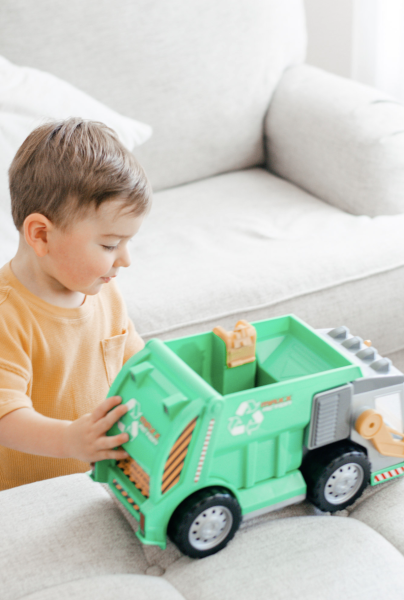
Why Brain Balance Matters:
- Just as a car needs both pedals to drive smoothly, a child needs both sides of their brain working together
- This balance is essential for healthy motor, sensory, social, emotional, and cognitive development
- It provides the foundation for higher-level brain development, including executive functioning skills that make self-control possible
Understanding Brain Imbalances and Behavior Challenges
When the brain’s natural development pattern is disrupted, one hemisphere tends to become weaker while the other becomes more dominant—leading to sensory, motor, behavioral, and/or cognitive challenges.
Download Tantrum Tamer: the parenting app trusted by families to support emotional growth, peaceful routines, and happier homes.
Brain Imbalance:
Known as Functional Disconnect Syndrome, it presents as developmental gaps, such as a 2-year-old who lines up letters correctly yet doesn't communicate needs and has poor eye contact.
Too much "gas" (left brain) without enough "brake" (right brain) can lead to behavior challenges such as:
Too much "brake" (right brain) without enough "gas" (left brain) might result in:
- Difficulty controlling impulses
- Poor safety awareness
- Difficulty transitioning between activities
- Constant movement, inability to sit still
- Trouble calming down
- Increased fearfulness
- Challenges with social interactions, including lack of empathy
- Symptoms commonly seen in children diagnosed with ADHD, Autism Spectrum Disorder (ASD), Oppositional Defiant Disorder (ODD), and Sensory Processing Dysfunction
- Hesitancy to try new things
- Difficulty initiating tasks
- Overcautiousness and shyness
- Learning challenges
- Sensory Processing Dysfunction
- Symptoms commonly seen in children diagnosed with Learning Disabilities (LD)
What Causes Brain Imbalance and Related Behavior Challenges?
Several social and environmental factors are believed to contribute to brain imbalances, including:
- Limited movement during early development—reduced emphasis on tummy time, crawling, and outdoor play
- High stress or traumatic events during pregnancy and early development
- Poor nutrition, including over-processed foods
- Chemicals and plastics in foods, cleaning products, and skincare items
- Early screen time or excessive high-speed visual stimulation
- Premature emphasis on fine motor and academic skills instead of whole-body movement and social interaction
How Can You Support Brain Balance?
Fortunately, there are effective strategies to support more balanced brain development in children:
- Prioritize movement-based play in the early years before emphasizing academics
- Create a structured routine that includes plenty of outdoor time
- Avoid screen time for infants and toddlers under 2 as much as possible. Limit for children
- Focus on whole foods and minimize processed items with artificial ingredients
- Incorporate calming activities that stimulate the right brain’s development
- Allow for plenty of social play with peers and adults
- Support your child’s natural development pace without rushing academic milestones
Check out our companion article, “Activities to Calm Your Child and Encourage Brain Balance,” to discover simple ways to help calm your child while encouraging whole-brain development!
When to Seek Professional Support for Brain Balance
If you’re concerned about your child’s development or behavior challenges, consider consulting with:
- Your child’s pediatrician
- A pediatric occupational therapist
- A specialist in neurological development
Early intervention makes a significant difference in addressing developmental imbalances and behavior challenges.
Additional Resources for Parents
For more information about brain balance and behavior challenges, consider these valuable resources:
- “Disconnected Kids” by Dr. Robert Melillo
- The Brain Balance Centers
- Building the Brain’s Air Traffic Control System: How Early Experiences Shape the Development of Executive Function: Working Paper No. 11
- My blog- Building Your Child’s Self-Regulation Skills Through Play: A Parent’s Guide
Note: Always consult with healthcare professionals for personalized guidance for your child’s specific needs.
Closing Thoughts
Understanding how brain balance influences behavior challenges can transform your approach to parenting difficulties. By supporting balanced neurological development through appropriate activities and environmental modifications, you’re providing your child with the foundation they need for emotional regulation, learning success, and healthy social interactions. Many common behavior challenges that frustrate parents can be significantly improved through targeted approaches that support proper brain balance and neurological development. With the right information and strategies, you can help your child achieve the brain balance they need to thrive in all areas of life.
– Kendra
